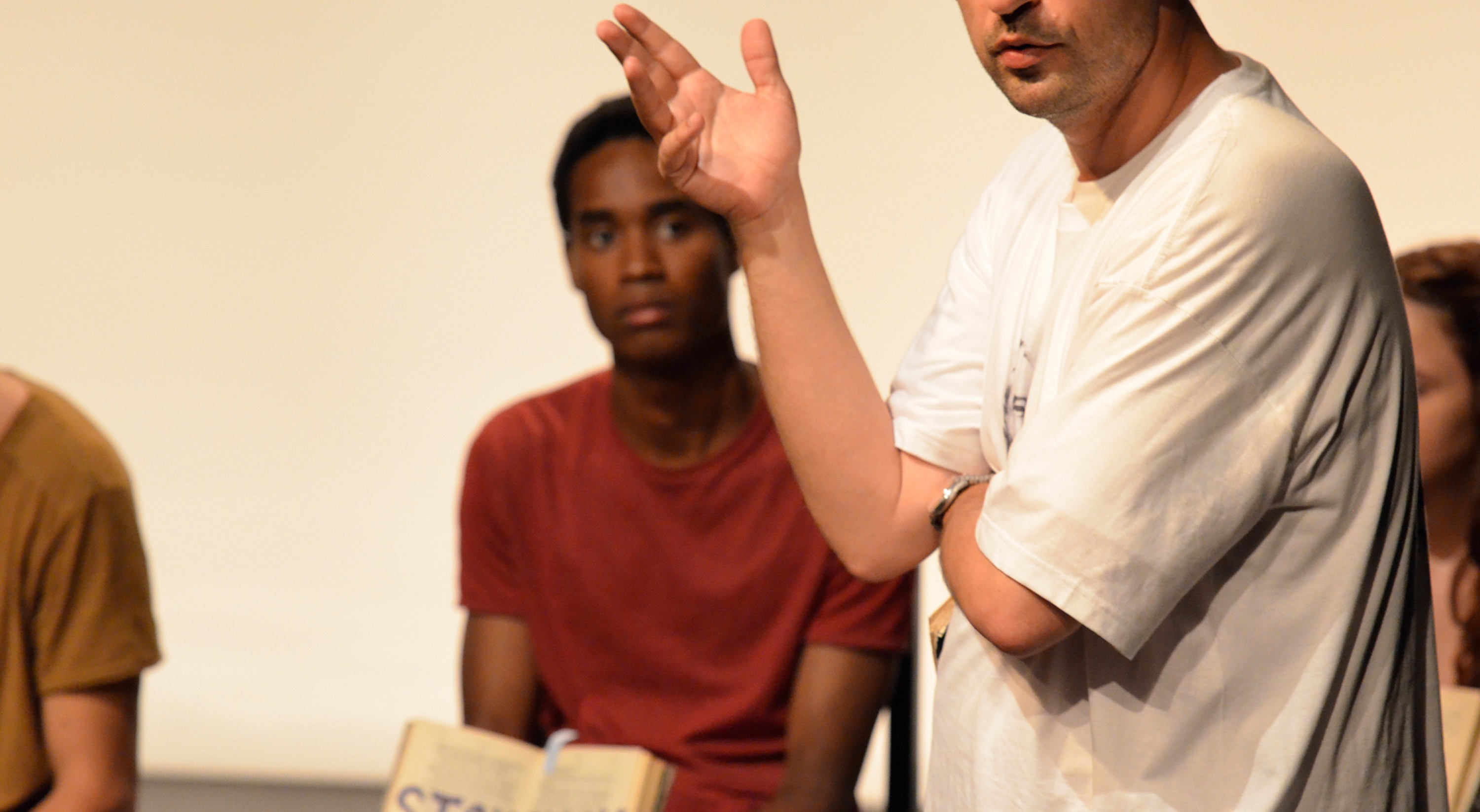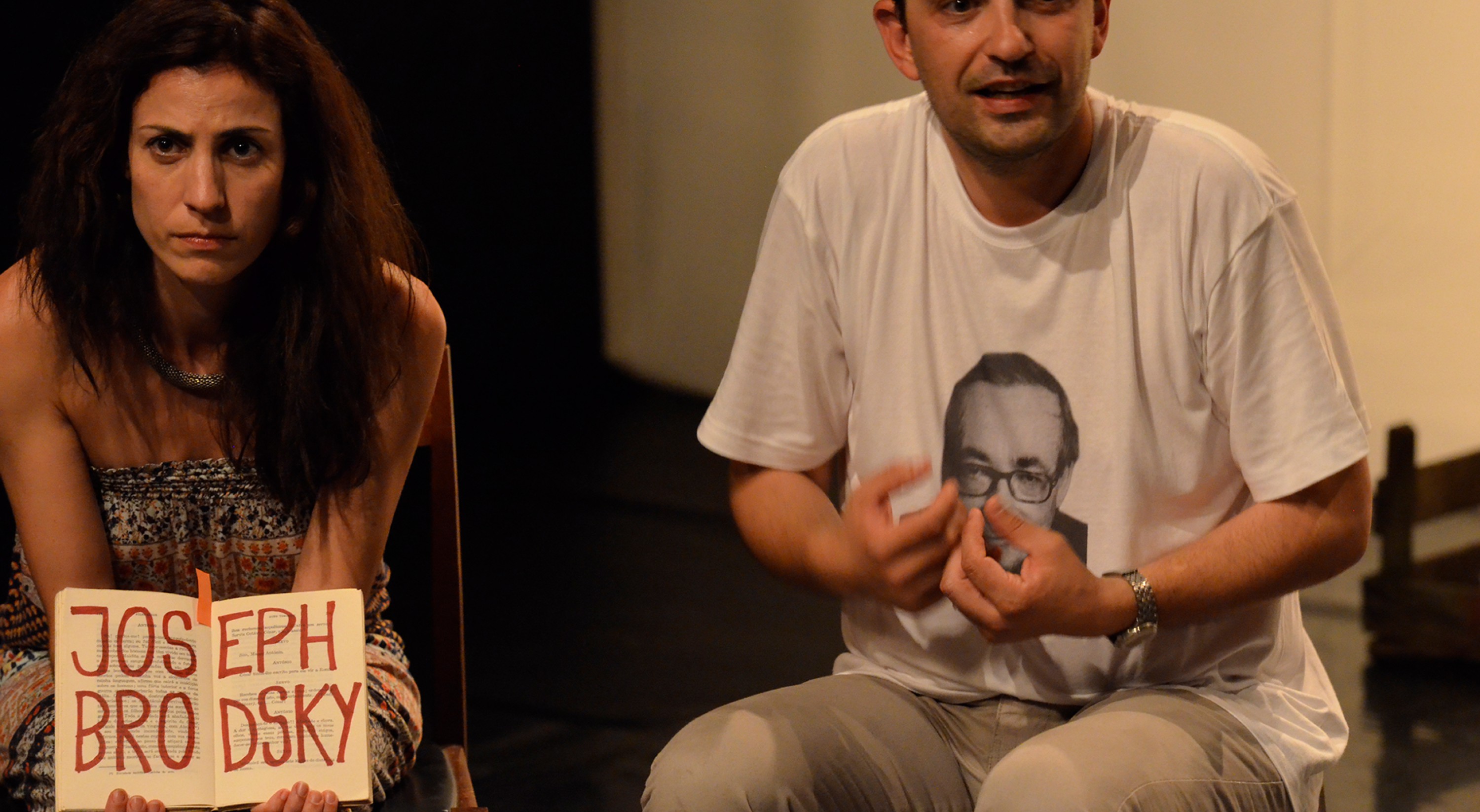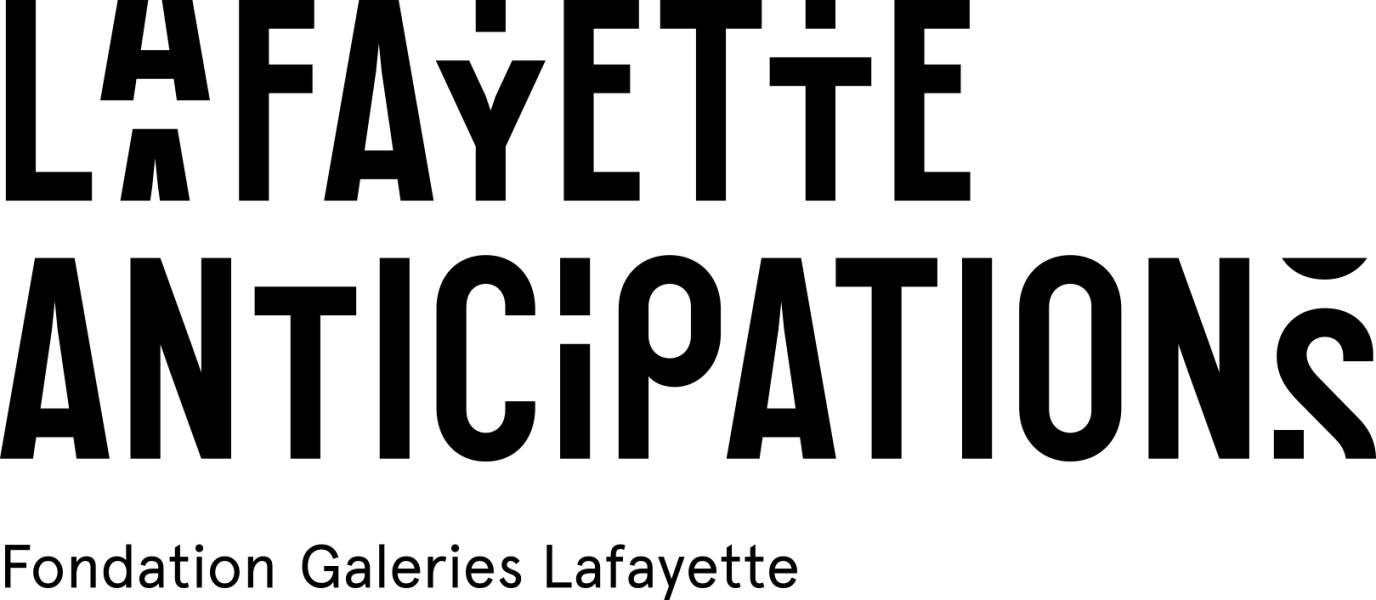Tiago Rodrigues
Échelle Humaine - By Heart (Theater)
septembersept 24 – 25
Text and interpretation, Tiago Rodrigues
Text with excerpts and quotations from William Shakespeare, Ray Bradbury, George Steiner and Joseph Brodsky
Accessories and costume, Magda Bizarro
French translation, Thomas Resendes
Stage Manager, Catarina Mendes
Executive Production: Rita Forjaz
Executive production in the original creation: Magda Bizarro, Rita Mendes
Production: Teatro Nacional D. Maria II (Portugal) based on an original creation by the company Mundo Perfeito
Coproduction: O Espaço do Tempo, Maria Matos Teatro Municipal
Created with the support of the Governo de Portugal | DGArtes.
With her sight failing her, the grandmother of Tiago Rodrigues asked him to find the book that she could learn by heart before no longer being able to read. In the course of his labyrinthine research, the artist took it upon himself to look into a whole host of questions ranging from the survival of words, sharing between generations, and the joy of saying.
What does “learning a text by heart” mean? What are the intimate and political resonances of this gesture? In By Heart, Tiago Rodrigues invites spectators to join him in confronting themselves with these questions. In the course of each representation, ten audience members take to the stage in order to memorize and recite sonnets from Shakespeare under his direction. Entreating them to learn not only “by heart” but also “with” the heart, the author and director mixes this shared experience with elements from his own life history, as well as evocations from George Steiner and Joseph Brodsky. After starting individually with their texts, the ten volunteers form, as the piece progresses, an interdependent ensemble, the togetherness of which is a condition for the survival of the text. The piece provides us with a poetical experience of a collective struggle against time and oblivion renewed each evening, and from which surges the emotion of transmission itself, extending far beyond the words on the page.
In the same place


